Research on Policing Reform and Accountability (RoPRA), a prestigious research lab co-founded by faculty from Princeton University and the University of Pennsylvania, is actively recruiting for the role of Professional Specialist. This position offers a unique opportunity to work in a multidisciplinary research environment focused on police oversight, reform, and accountability. Candidates passionate about criminal justice and equipped with strong research and data skills are ideal for this one-year, renewable role. The job involves direct collaboration with faculty, students, and external law enforcement partners to ensure rigorous and timely research output.
Key Responsibilities of the Role
- Data Collection and Management
- Manage complex datasets from diverse and sensitive sources.
- Construct new datasets through scraping, public records, and direct outreach.
- Maintain replication files and public data on RoPRA’s official website.
- Collaboration and Communication
- Work closely with faculty, research affiliates, and external collaborators.
- Support the coordination and execution of ongoing research projects.
- Develop partnerships with law enforcement agencies for data sharing.
- Research and Technical Support
- Conduct literature reviews and perform detailed research summaries.
- Assist in the design of experimental and observational studies.
- Apply advanced statistical and econometric methods for analysis.
- Digital and Web-Based Activities
- Scrape data from web sources using automated tools.
- Post research updates and datasets to RoPRA’s digital platforms.
- Use HTML and internet tools to manage content visibility and formatting.
- Reporting and Documentation
- Write research summaries and technical reports for public and academic audiences.
- Assist with grant applications and progress reporting.
- Maintain detailed project documentation and timelines.
Required Qualifications
- Educational Background
- Minimum: Master’s degree in business, computer science, economics, politics, statistics, or a related discipline.
- Preferred: Ph.D. in a relevant field.
- Research Skills
- Demonstrated ability to conduct academic research.
- Strong background in quantitative and experimental methods.
- Skilled in performing literature reviews and writing summaries.
- Technical Expertise
- Proficiency in R and/or Python.
- Experience using internet tools and HTML.
- Familiarity with LaTeX, ArcGIS, and GitHub preferred.
- Communication and Teamwork
- Strong verbal and written communication skills.
- Comfortable contacting people via phone to gather data or build collaborations.
- Experience working in a collaborative team environment.
- Subject Matter Experience
- Background in law enforcement, criminal justice, or police oversight is a plus.
- Understanding of data sources used in political science, economics, or sociology.
Desired Candidate Attributes
| Attribute | Details |
|---|---|
| Analytical Skills | Ability to process large volumes of data and draw insights. |
| Attention to Detail | Meticulous in handling sensitive information and verifying data accuracy. |
| Time Management | Capable of meeting tight deadlines and balancing multiple projects. |
| Initiative | Proactive in seeking new datasets and partnerships with law enforcement. |
| Team-Oriented | Willing to collaborate across disciplines and roles. |
| Adaptability | Flexible in adjusting to project demands and new research developments. |
Application Process
Interested individuals are required to prepare and submit the following documents:
- Cover Letter
- Updated Resume/CV
- Academic Transcript
- Two Letters of Recommendation
- Writing Sample (demonstrating research experience)
Application Link
Applications must be submitted via Princeton University’s academic job portal:
Work Environment and Support
- Work closely with RoPRA faculty from Princeton University and the University of Pennsylvania.
- Access to interdisciplinary research labs and data science resources.
- Participate in academic workshops, seminars, and discussions on police reform and accountability.
- Engage with real-world partners in law enforcement and public policy.
Project Focus Areas at RoPRA
| Research Area | Description |
|---|---|
| Policing Strategies | Evaluate the effectiveness of alternative approaches to law enforcement. |
| Community-Police Relations | Study public perceptions and trust in police across different communities. |
| Accountability Mechanisms | Examine the impact of oversight boards and internal affairs divisions. |
| Use of Force | Analyze incidents involving force and their outcomes. |
| Training and Professionalization | Assess the role of training in improving policing outcomes. |
Professional Development Opportunities
- Opportunity to contribute to high-impact research influencing public policy.
- Build a strong portfolio in criminal justice research.
- Network with leading academics and policymakers.
- Develop skills in data science, statistical analysis, and academic writing.
Benefits of the Role
| Benefit | Explanation |
|---|---|
| Mentorship | Work under the guidance of renowned faculty and researchers. |
| Academic Exposure | Engage in research presentations and conferences. |
| Skill Enhancement | Gain experience in project design, data management, and statistical methods. |
| Job Flexibility | Participate in a dynamic and supportive academic setting. |
Future Implications
This opportunity with RoPRA is well-suited for individuals who are passionate about justice, skilled in research, and comfortable working with data and collaborators. The position blends academic rigor with real-world impact, focusing on issues central to modern law enforcement and reform. Ideal candidates will not only possess strong technical and analytical skills but also have a drive to contribute meaningfully to public policy and policing practices.
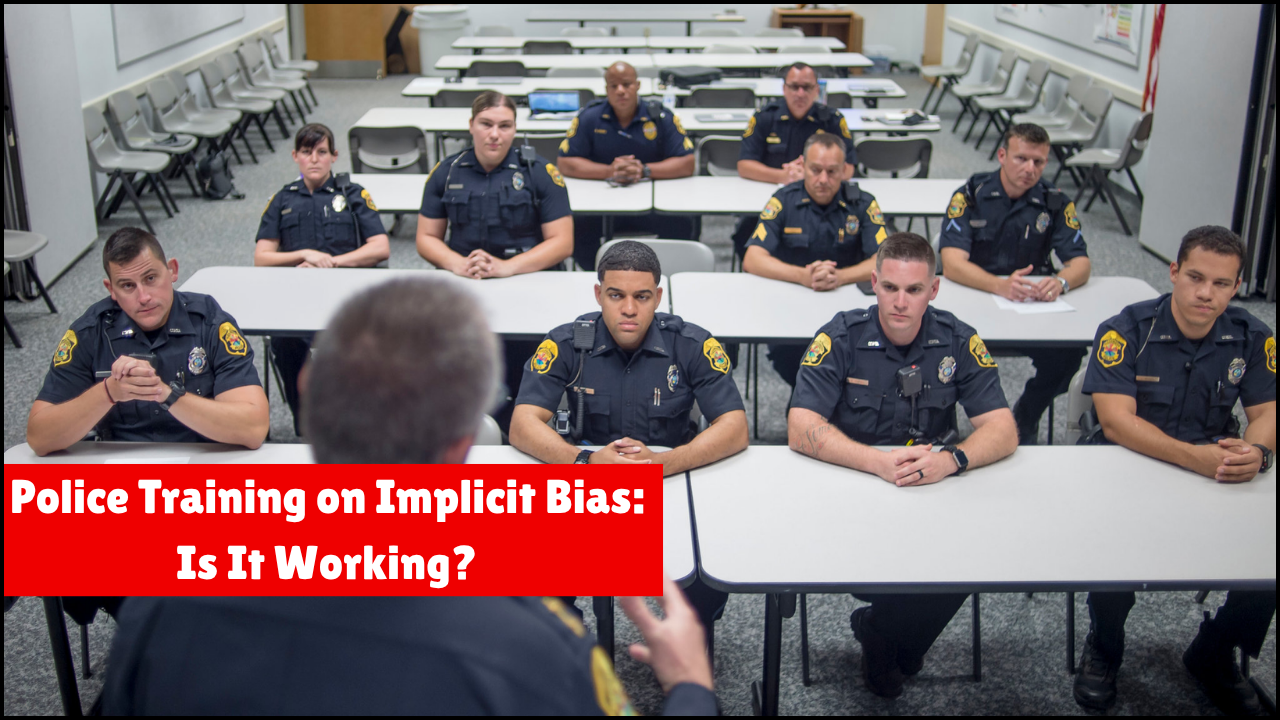
Police Training on Implicit Bias, Is It Working?
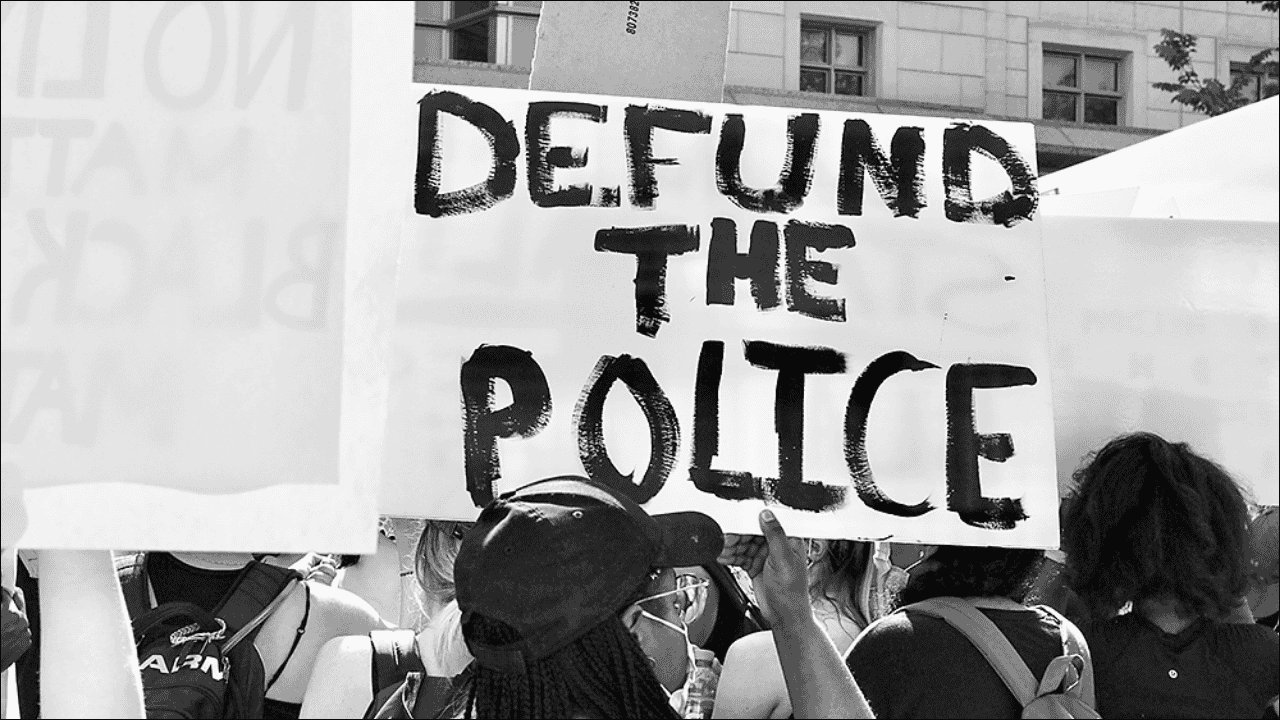
What Does Police Defunding Actually Mean? Facts vs. Myths
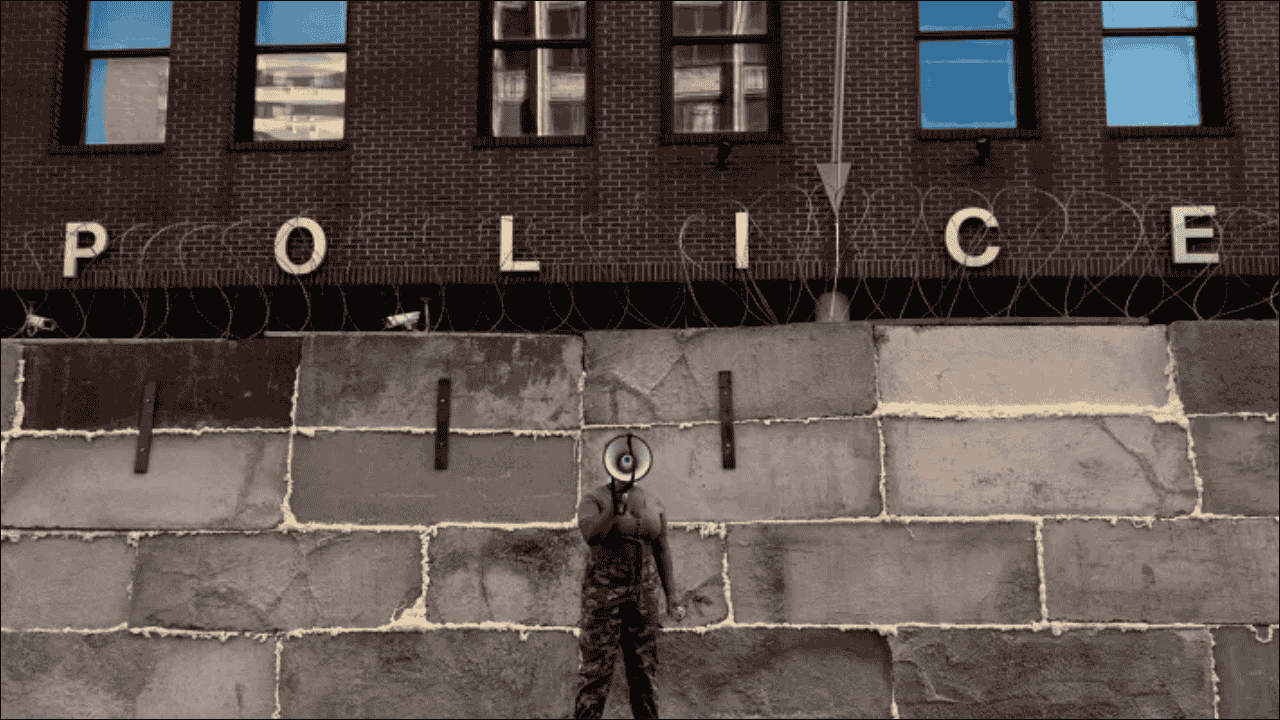
Is Police Reform A Fundamentally Flawed Idea?
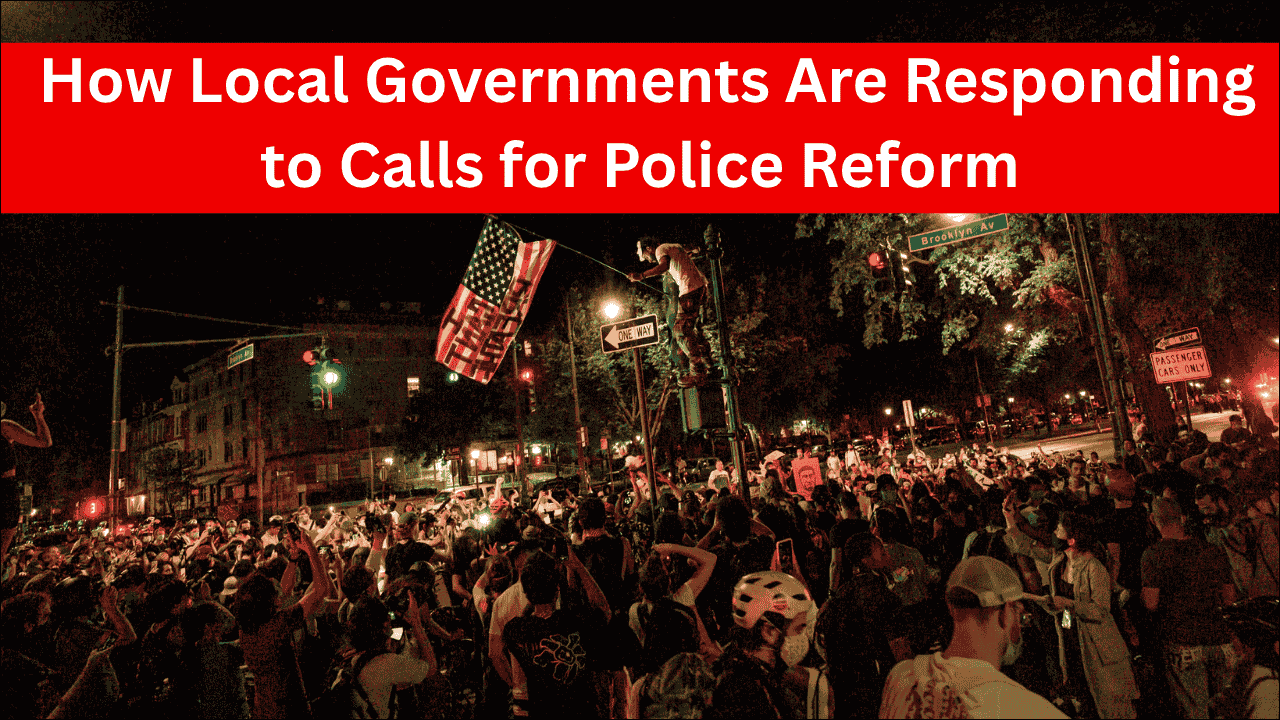
How Local Governments Are Responding to Calls for Police Reform
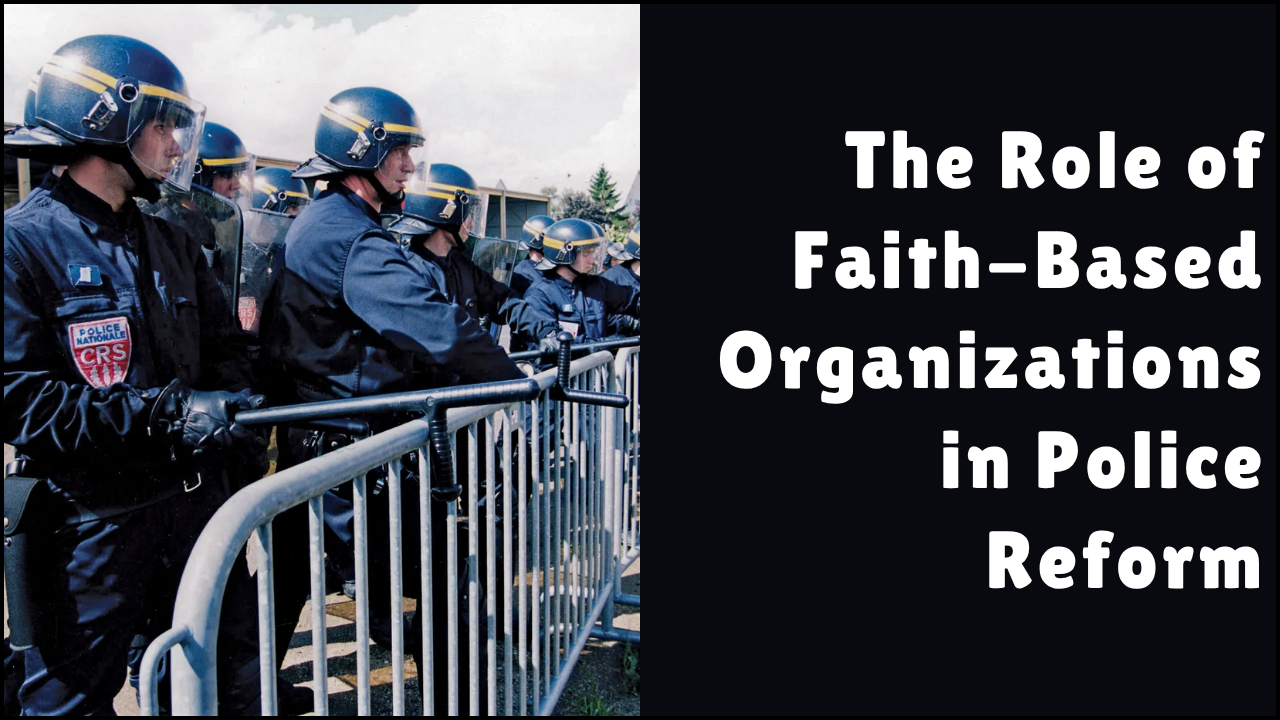
The Role of Faith-Based Organizations in Police Reform
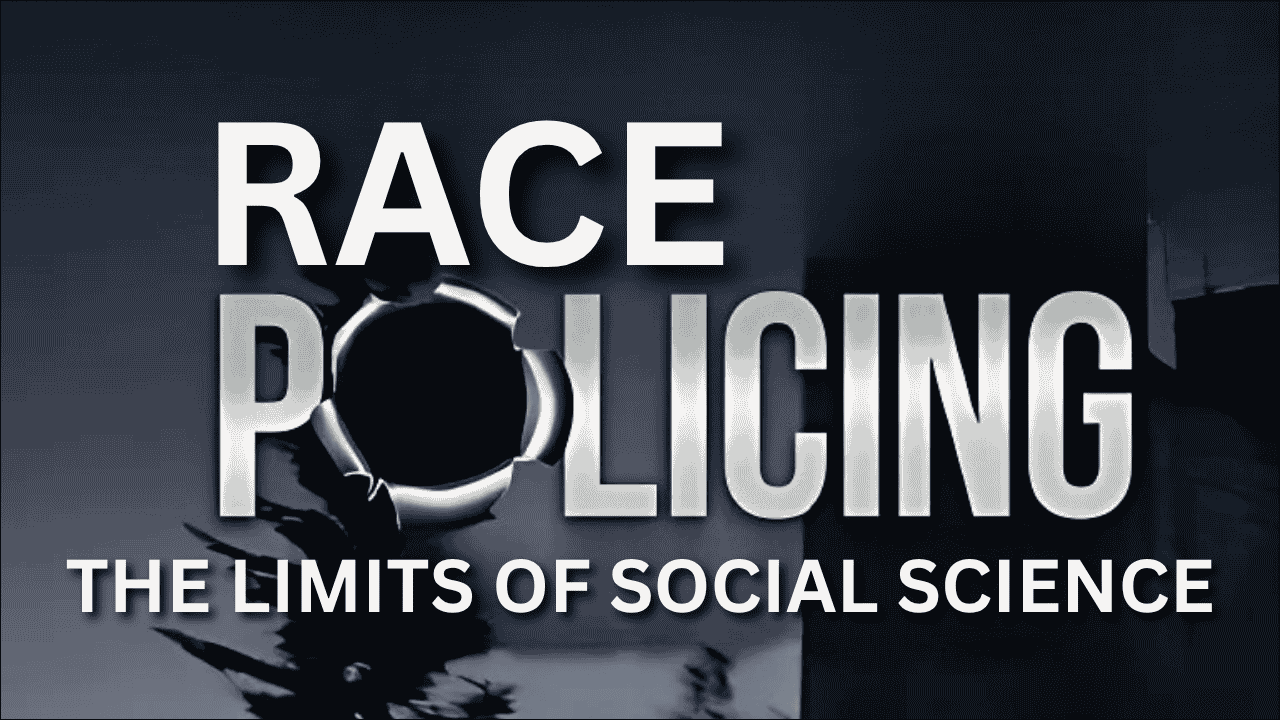
Race, Policing, and the Limits of Social Science
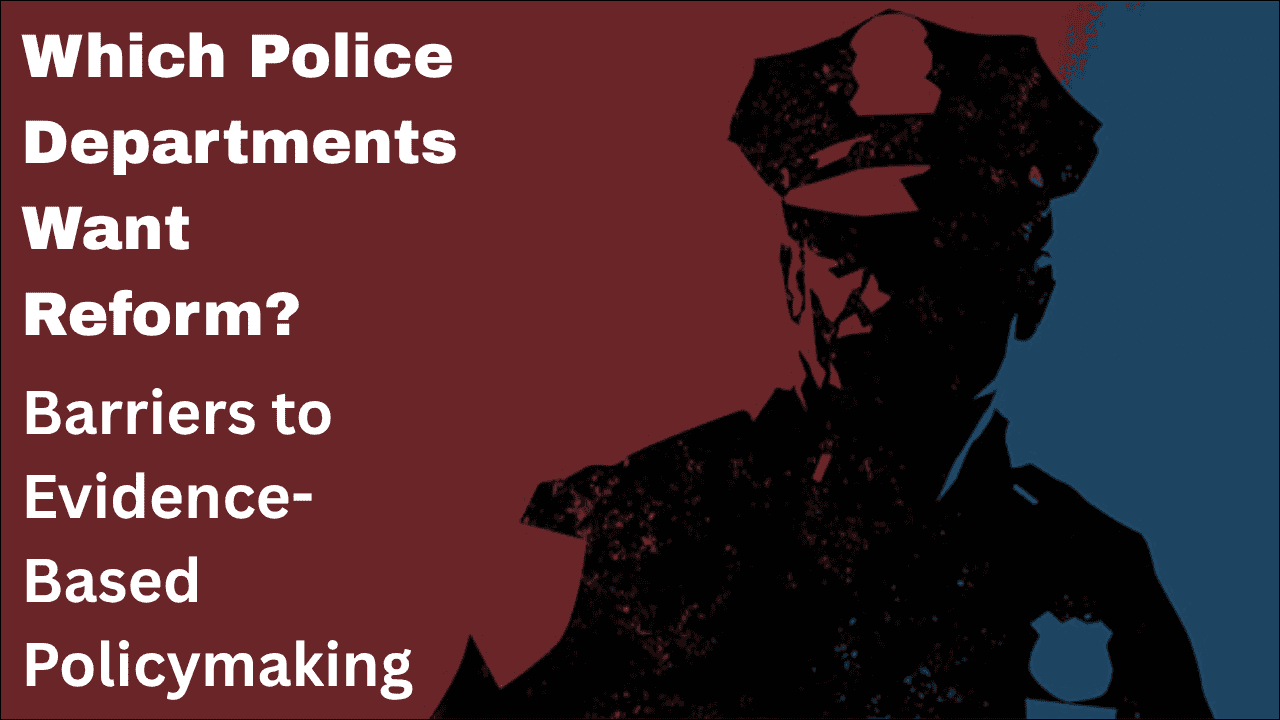
Which Police Departments Want Reform? Barriers to Evidence-Based Policymaking
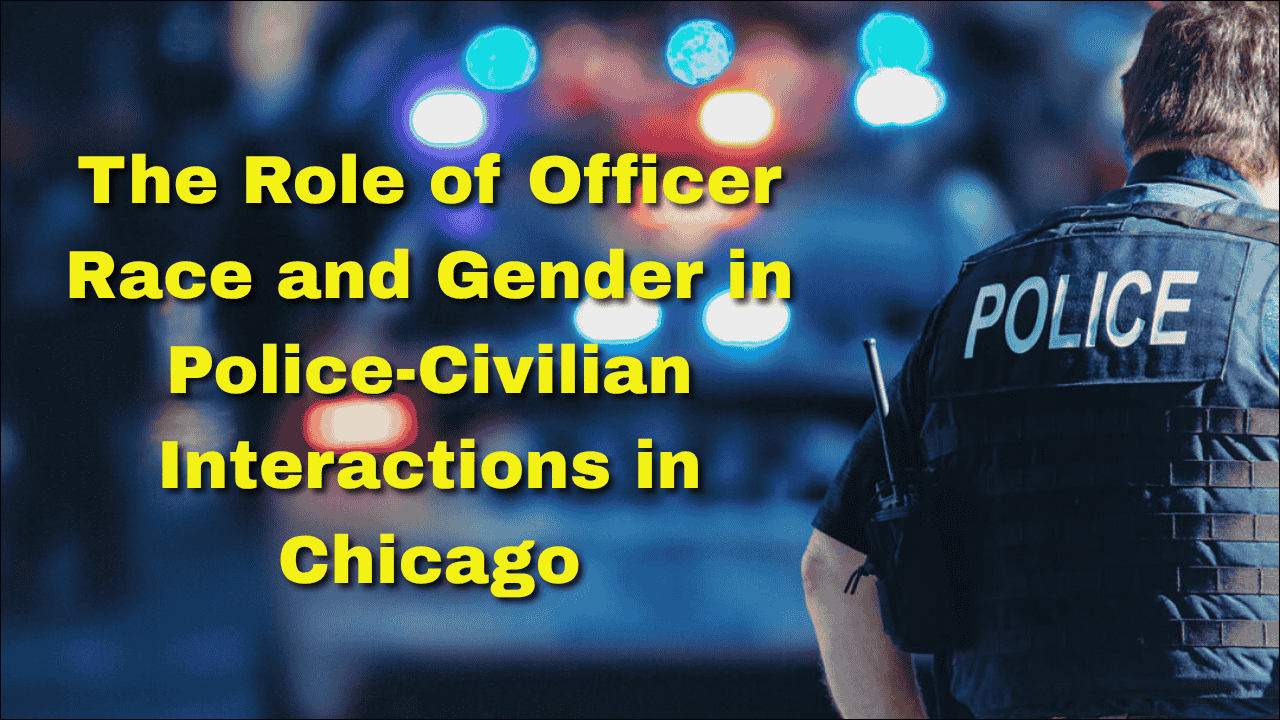
The Role of Officer Race and Gender in Police-Civilian Interactions in Chicago
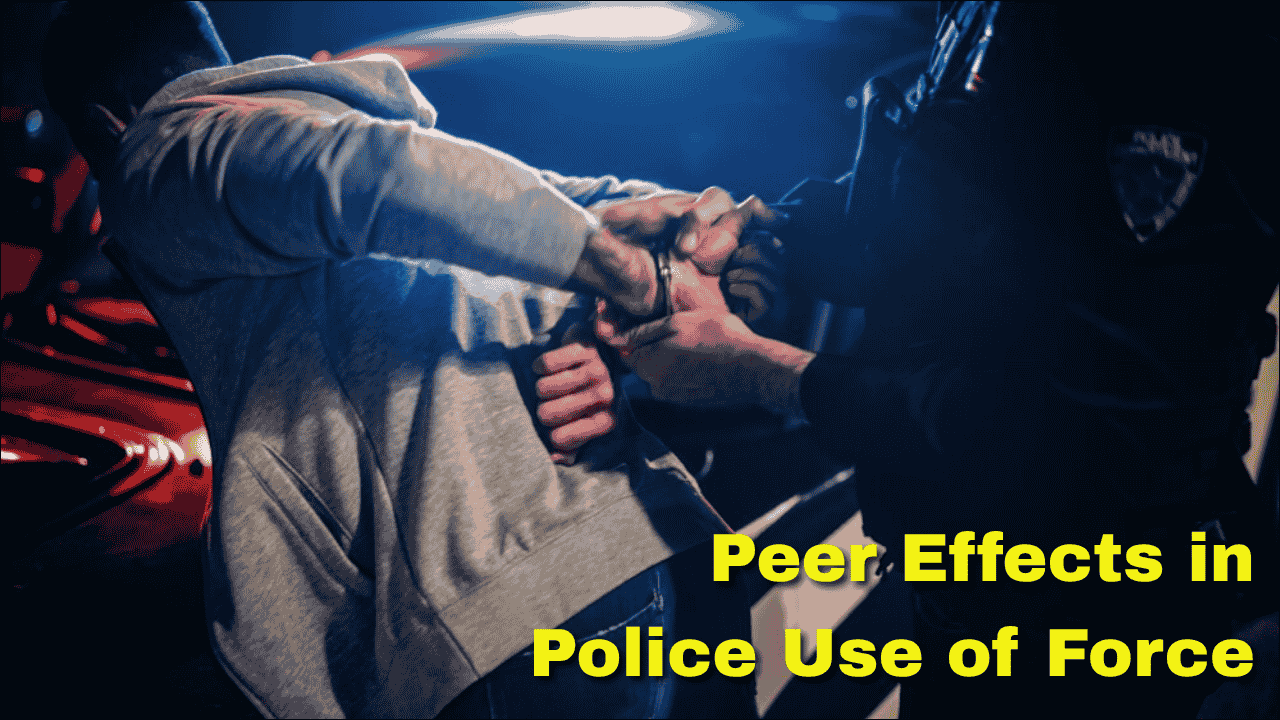
Peer Effects in Police Use of Force
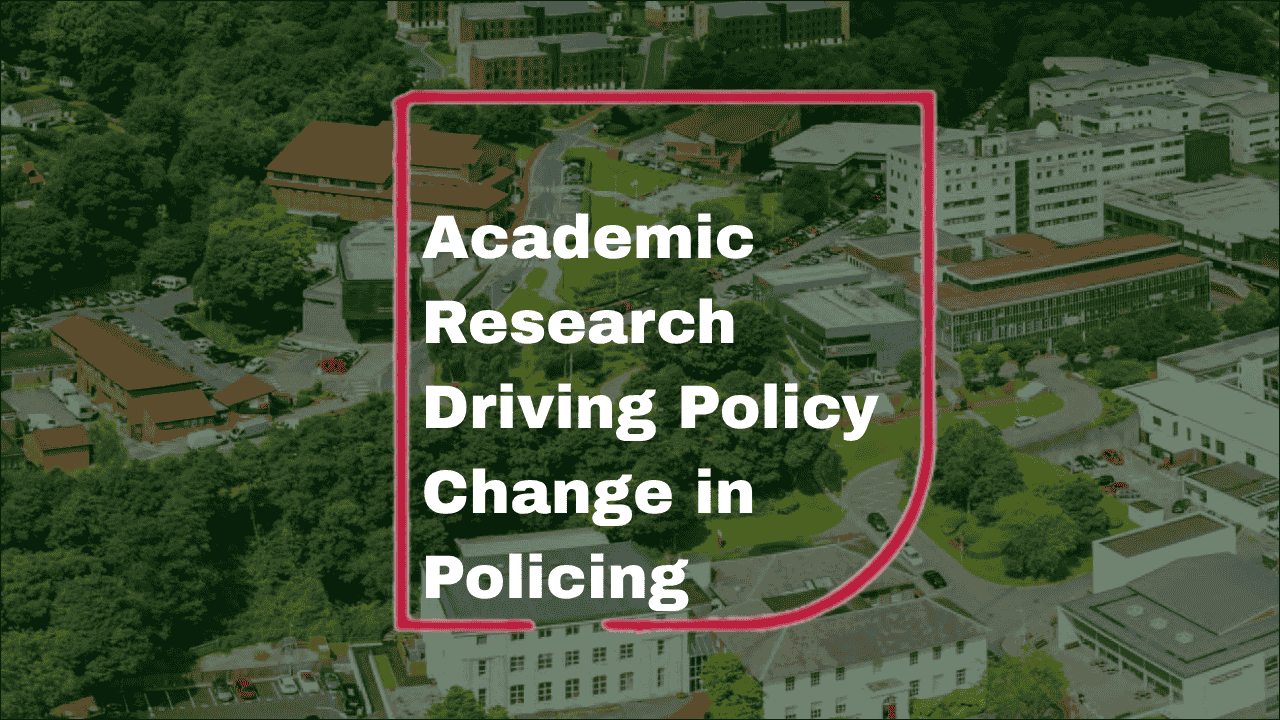
Academic Research Driving Policy Change in Policing


